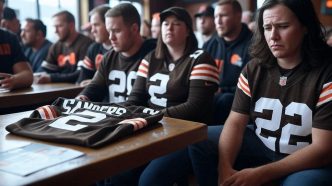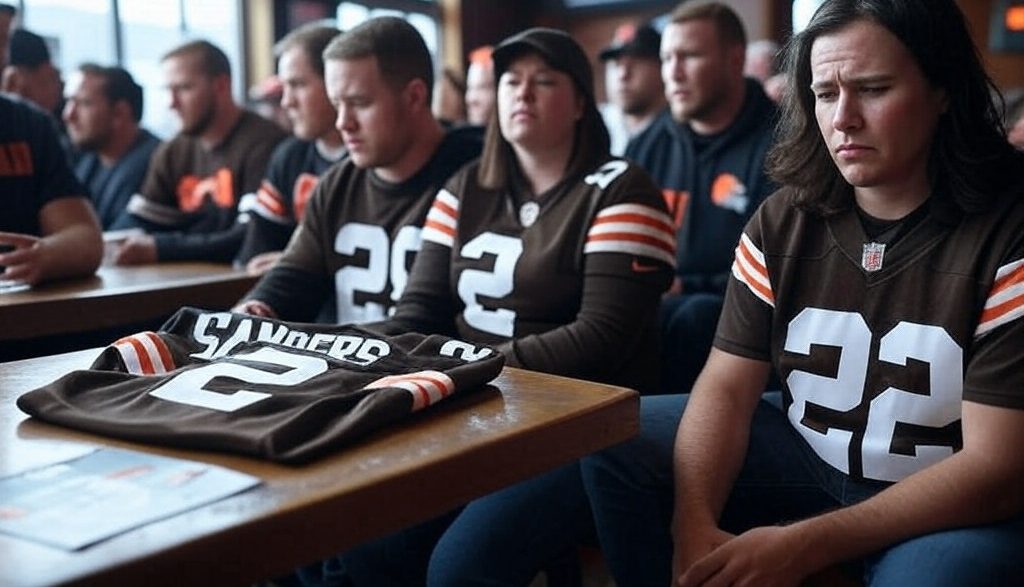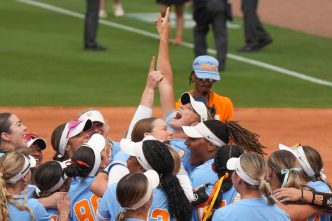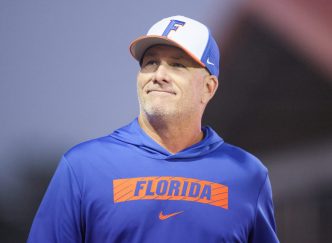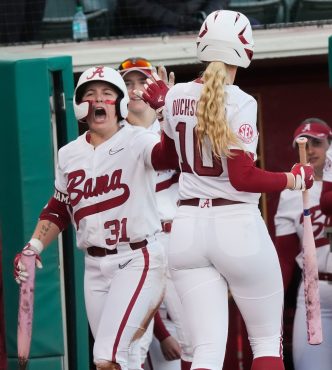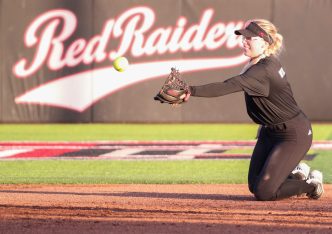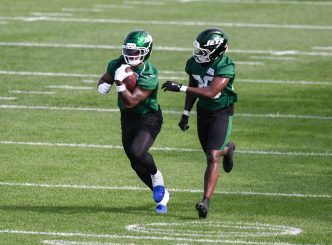Shedeur Sanders’ draft day slide became the biggest story of the 2025 NFL Draft, and it’s still reverberating as fans and analysts unpack what happened. On Day 3, April 26, 2025, the former Colorado Buffaloes quarterback finally heard his name called when the Cleveland Browns traded up to the 144th overall pick in the fifth round, giving up their 166th and 192nd picks to the Seattle Seahawks. Sanders, who threw for 4,134 yards and 37 touchdowns in 2024 with a nation-leading 74% completion rate, was widely expected to be a top-5 pick—some even pegged him as high as No. 3 to the New York Giants. Instead, he watched five quarterbacks go before him: Miami’s Cam Ward (No. 1, Titans), Ole Miss’ Jaxson Dart (No. 25, Giants), Louisville’s Tyler Shough (No. 40, Saints), Alabama’s Jalen Milroe (No. 92, Seahawks), and Oregon’s Dillon Gabriel (No. 94, Browns). It was a stunning fall for a player who’d been named Big 12 Offensive Player of the Year and a second-team All-American.
The slide wasn’t just a shock—it felt personal to many fans, who took to platforms like TikTok to voice their frustration, some even calling it intentional and possibly racist. They pointed to Sanders’ pedigree as the son of NFL Hall of Famer Deion Sanders, arguing that the media scrutiny and criticism of his character echoed the treatment of Lamar Jackson in 2018, a comparison Deion himself made on draft night. Jackson, who fell to the 32nd pick despite his own Heisman win, faced doubts about his quarterback skills and was suggested to switch positions—doubts rooted in stereotypes about Black quarterbacks. Sanders’ fans see a similar pattern, especially after reports surfaced of poor pre-draft interviews. NFL Network’s Tom Pelissero noted that one assistant coach called Sanders’ combine interview the “worst” he’d ever seen, citing an attitude of entitlement and an unwillingness to engage with schematic questions. Yet, those critiques came from anonymous sources, and some, like Cowboys owner Jerry Jones, pushed back hard, calling the Sanders family’s character “up with the very best” in sports.
Fans have taken action, organizing a boycott of the NFL Shop and pledging to buy Sanders’ jerseys and merchandise only from his official website, a move that could funnel millions directly to him. On TikTok, hashtags like #SupportShedeur and #BoycottNFLShop have gained traction, with users sharing videos of themselves ordering from Sanders’ site and urging others to follow suit. This isn’t just about fandom—it’s a statement against what they see as unfair treatment by the league. Meanwhile, Deion’s reaction to the Saints passing on Shedeur for an offensive tackle in the second round went viral, his expression of disbelief captured on video summing up the frustration felt by many.
On the field, Sanders has a steep climb ahead in Cleveland. The Browns’ quarterback room is packed: Joe Flacco, the current starter, brings veteran experience; Kenny Pickett, acquired via trade, is in his fourth year; Dillon Gabriel, drafted two rounds earlier, set FBS records at Oregon; and Deshaun Watson, despite a retear of his Achilles and a second surgery this offseason, might return late in 2025—though owner Jimmy Haslam admitted the Watson trade was a “big swing and miss.” Browns GM Andrew Berry called Sanders a “highly accurate pocket passer” who can outproduce his draft slot, but the team’s decision to take Gabriel first raised eyebrows. Some fans on X questioned the Browns’ enthusiasm, pointing to footage of Berry and coach Kevin Stefanski giving tepid golf claps after the pick, though Berry later said they didn’t expect Sanders to be available so late.
Sanders’ game fits Cleveland’s play-action-heavy offense under Stefanski—he’s a polished passer with a 70.1% career completion rate and a 134-to-27 touchdown-to-interception ratio. But his draft slide exposed concerns: his arm strength is good but not elite, he takes too many sacks (an anonymous coach noted his “cockiness” leads to bad decisions), and his pocket navigation needs work. Off the field, the narrative around his personality—fueled by his celebrity upbringing and the Sanders family’s high profile—may have scared teams off. The Athletic reported that 10 coaches and executives weren’t surprised by his fall past the first round, citing both football and non-football factors like the media circus he brings.
For now, Sanders is likely fourth on the depth chart, but his path to starting isn’t impossible. Flacco, at 40, is a stopgap; Pickett hasn’t locked down a starting role anywhere; and Gabriel, at 5-foot-11 and 24 years old, faces his own questions. Watson’s $135 million dead cap hit if cut after 2025 makes him a financial anchor, but his play hasn’t justified the cost. Sanders, with a chip on his shoulder, told reporters he’s ready to “show respect to the vets” and prove the “real me.” If he can harness his college production and overcome the pre-draft criticism, he might just turn this historic slide into a redemption story—while his fans make sure he’s financially set either way.

